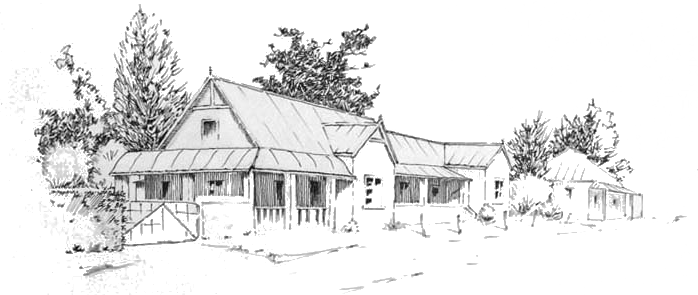WILD TROUT ASSOCIATION (WTA) WATERS TO STAY OPEN ALL YEAR ROUND
FROM DAVE WALKER IN RHODES
Earlier this year, it was proposed that the streams and rivers administered by the Wild Trout Association (WTA) remain open during the winter months to allow enthusiasts to fish for rainbow trout (Oncorhynchus mykiss) during the “closed season”. In
The motivation for this proposal was based on the following:
- On behalf of farmers, the WTA administers more than a thousand kilometres of river and streams which experience relatively low angling traffic. Redds will therefore not come under any significant threat as there is minimal fishing pressure on WTA waters
- Over-breeding in these rivers and streams is evident in most seasons
- Rainbow trout breed according to prevailing conditions unrelated to human calendars, particularly in an area where unseasonal weather extremes are common
- Most anglers practise catch and release so pressure on the existing stocks is low, other than for poaching in some sections e.g. at Rhodes, however despite this pressure, a few bigger fish have been taken on this water thus confirming the concept that where there are fewer fish, they grow bigger
- Beats that reflect a negative impact due to winter fishing can be closed or managed accordingly
- Pre- and prevailing winter weather conditions will determine the “fishability” of WTA waters
- Protective legislation relating to trout no longer exists
Disadvantages:
- Anglers wading across gravel beds suitable for use as redds by trout may disturb these redds and therefore have negative impact on spawning
Advantages:
- The population may well be reduced by winter fishing thereby alleviating pressure on the food resource
- Decreased numbers will result in more bigger fish – analogy: “100 sheep on 1 hectare do not fare as well as 1 sheep on 100ha”
- Allowing winter fishing will result in more fly fishing visitors
- Increasing the number of fly fishing visitors will contribute to local economic development
Provisos
- Beats be monitored by way of regular catch return analysis, particularly of the catch returns during the annual Barkly East fly fishing festival which takes place in March
- The festival is a sound source of data that provides a bulk overview that will be a reliable indication as to the impact of winter fishing
- The brown trout section of the Willow Stream on the farm Balloch is not included
Conclusion:
After a consultation process with qualified people in a wide range of relevant disciplines, it was concluded that the advantages clearly outweigh the disadvantages.
Footnote:
In summer, the indigenous smallmouth yellowfish (Labeobarbus aeneus) migrates upstream from the
Despite the fact that there has never been any protective legislation or “closed season” for yellowfish, they have survived and continue to flourish in the Kraai and its tributaries despite the disturbance of their breeding grounds by humans fishing for trout and yellowfish! If, in the past, there have been no ethical qualms expressed by fly fishers and their guides about angling for this species during their summer breeding season, it ill behoves any of them to express concerns about fly fishing for trout in winter.


